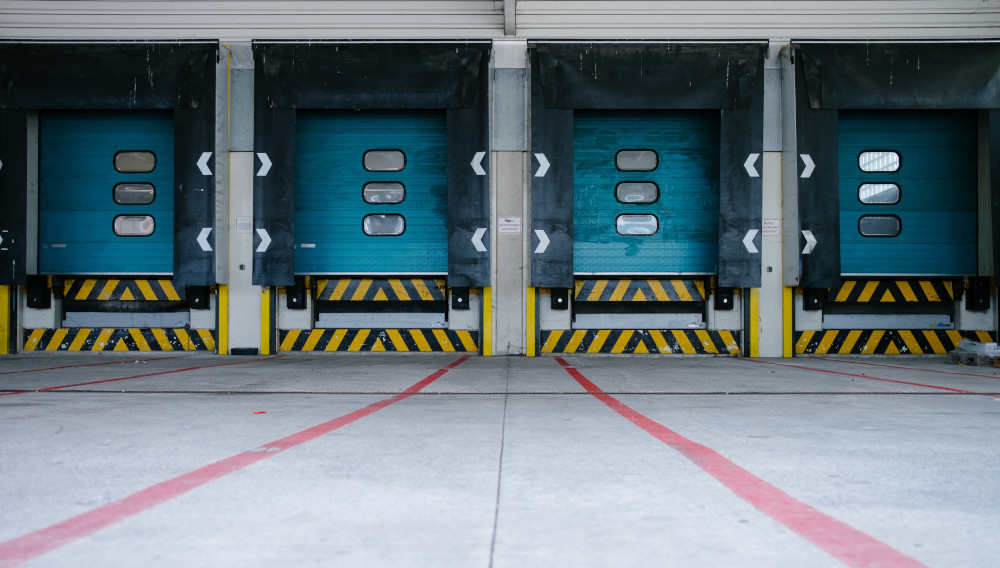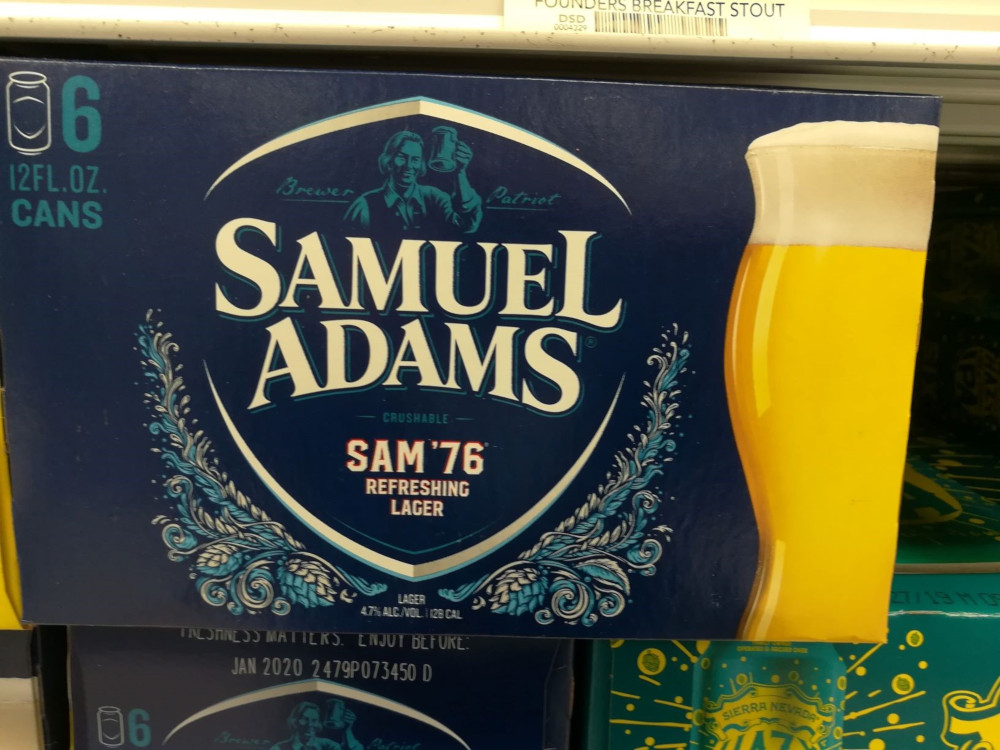Boston Beer agrees to new beer distribution laws in Massachusetts
USA | Although Boston Beer is the looser, it still agreed to revised beer distribution laws in its home state of Massachusetts, which will allow small craft brewers to now choose their own distributor.
Call it a leftover from Prohibition that even after it came to an end, in most states, brewers large or small still cannot legally sell directly to customers (outside their own taprooms, allowed in many states). Instead they must go through distributors.
Worse still, in Massachusetts the laws in essence permanently bound brewers to their distributors. As Jim Koch, the founder of Boston Beer told the website theatlantic.com recently, “in Boston, I can only sell my beer to a single distributor. And retailers can’t get it from anyone but that distributor.” The situation was worse for small brewers: if a distributor decided not to feature a new brewery or line of beer, there was very little the brewer could do.
A compromise of sorts
On 18 July 2020 a compromise was reached that ended ten years of quarrelling. The bill will allow breweries that produce less than 250,000 barrels (290,000 hl) of beer, over a 12-month period, to terminate their relationship with a distributor at any time with 30 days’ notice, while recognising the beer distributor’s investment in marketing, sales, promotion and inventory.
Massachusetts has more than 200 breweries.
Mr Koch and Boston Beer played a crucial part in this breakthrough. His firm, which makes Sam Adams beer and in 2019 merged with Delaware’s Dogfish Head brewery, is by far the biggest “small” brewer in Massachusetts. And it is also the most lucrative for its wholesaler.
To reach a compromise, the distributors were willing to give up on the lock-in provision, but only for breweries producing less than 250,000 barrels beer a year. It means that all craft breweries in Massachusetts will be freed from the existing restriction – except Boston Beer, which produced over 6.2 million hl beer and beverages in 2019.
Boston Beer agrees to compromise
But, as Mr Koch told The Atlantic, if brewers have had to wait another two years for a bill to be considered, some would not have survived. The covid-19 pandemic added more urgency. With taprooms ordered shut, the wholesaler became life-or-death for a number of craft brewers. “Boston Beer had to make a decision,” Mr Koch said. “At the end of the day, that decision was to sacrifice ourselves by being excluded from the Franchise Law reform in order to protect the hundreds of our fellow craft brewers in the state.”
“We had to take the deal, even though it did not include me,” Mr Koch added.


